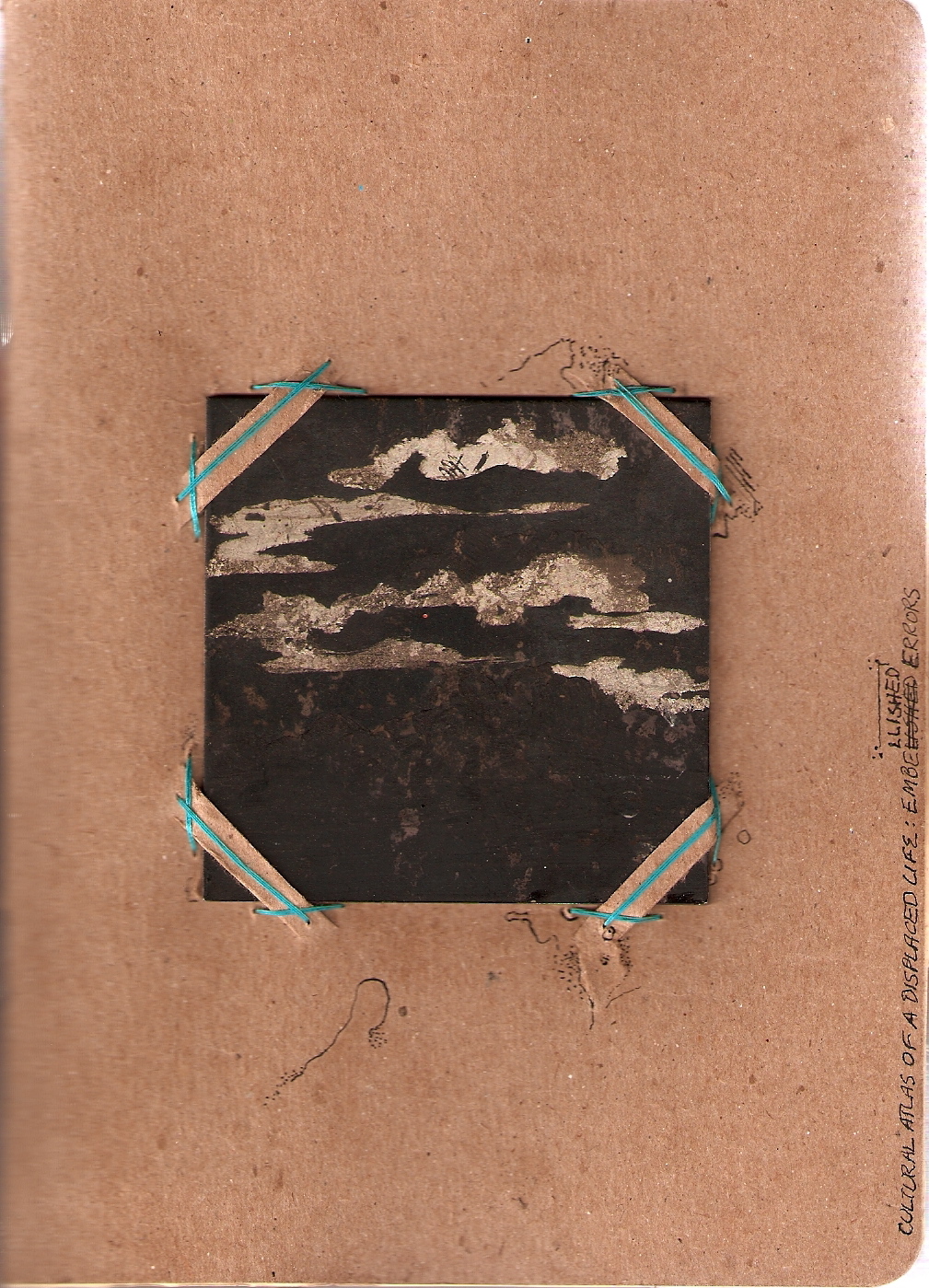On the day that I found a brass crayfish figurine at the Pound Store
(It was missing a cheliped,
but I figured that happens in real life too,
so I bought it.),
the day started overcast and windy;
then, it was overcast and really windy with minimal visibility due to blowing dirt;
then, it was overcast and really windy and raining,
which means it was actually raining mud,
which seemed bad enough…
until a video post
came across my Facebook news feed
of a Palestinian family
being assaulted by Israeli police.
First, I watched it without sound
because I always forget that most of the videos have sound,
but that you have to turn it on yourself.
Then, I watched it with sound,
but I couldn’t watch it all the way through,
so I scrolled away,
but the sound,
the screaming,
continued.
When I was four,
I found a photograph in a magazine
of Vietnamese refugees boarding a plane.
I must have had a grown-up read the caption for me.
In their panic,
these people,
families,
were trampling each other
to death.
I did what I always did with images from the Vietnam War;
I cut it out
and included it in a collage
of similar images,
which I pasted,
facing out,
in my bedroom window,
facing the street,
with a dictated letter,
inviting all those suffering,
to come to my house,
for prayer.
I would come to wonder,
in time,
why no one came.
My mother explained that it probably wasn’t visible
from the street.
I suggested we make a big sign then.
She didn’t go for that.
I wonder if the mailman read my letters
when he walked by my window
to deliver the mail?
I wonder what he thought?
I went looking for that image,
wanting to look with now adult eyes
at the image that had rendered me so horrified
as a four year old child.
I didn’t find it,
but Google images offered up refugees,
past and present,
previously unimagined.
Was it the child’s body,
washed up on the shore,
lying face down in the sand,
the unending stream of refugees
walking past a field of the discarded dead,
the man trying to pull his wife from beneath the feet of the panicked
that demolished any sense of personal potence
to effect the state of the world,
so overwhelming a task it seemed?
At four,
I believed,
with my whole heart,
that with prayer,
I could correct the world’s ills.
At sixteen,
I made a promise to God
that I wouldn’t pray
until I knew whether I believed in his existence
or not.
I still don’t know.
I still don’t pray.
What then is to be done?


